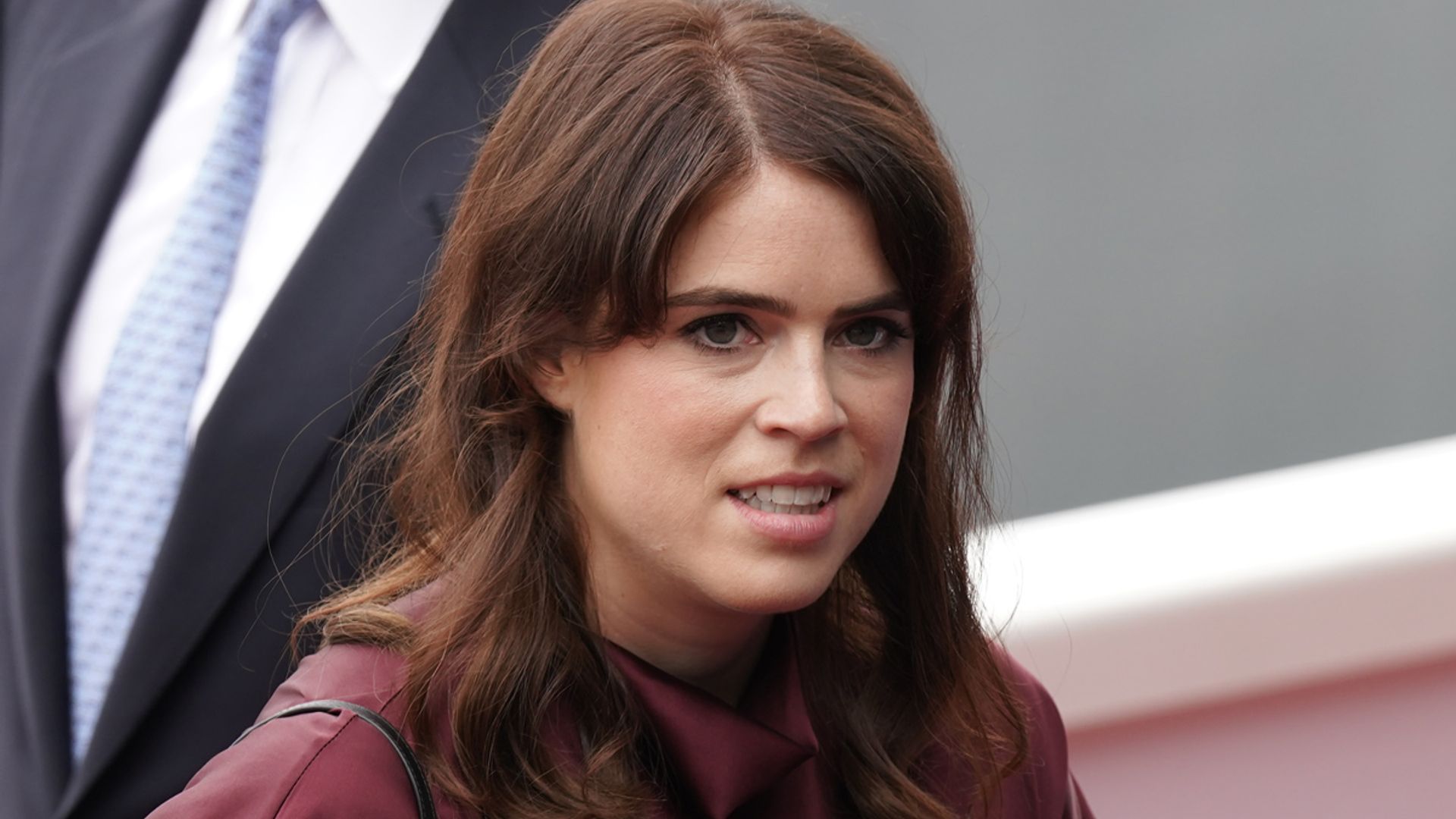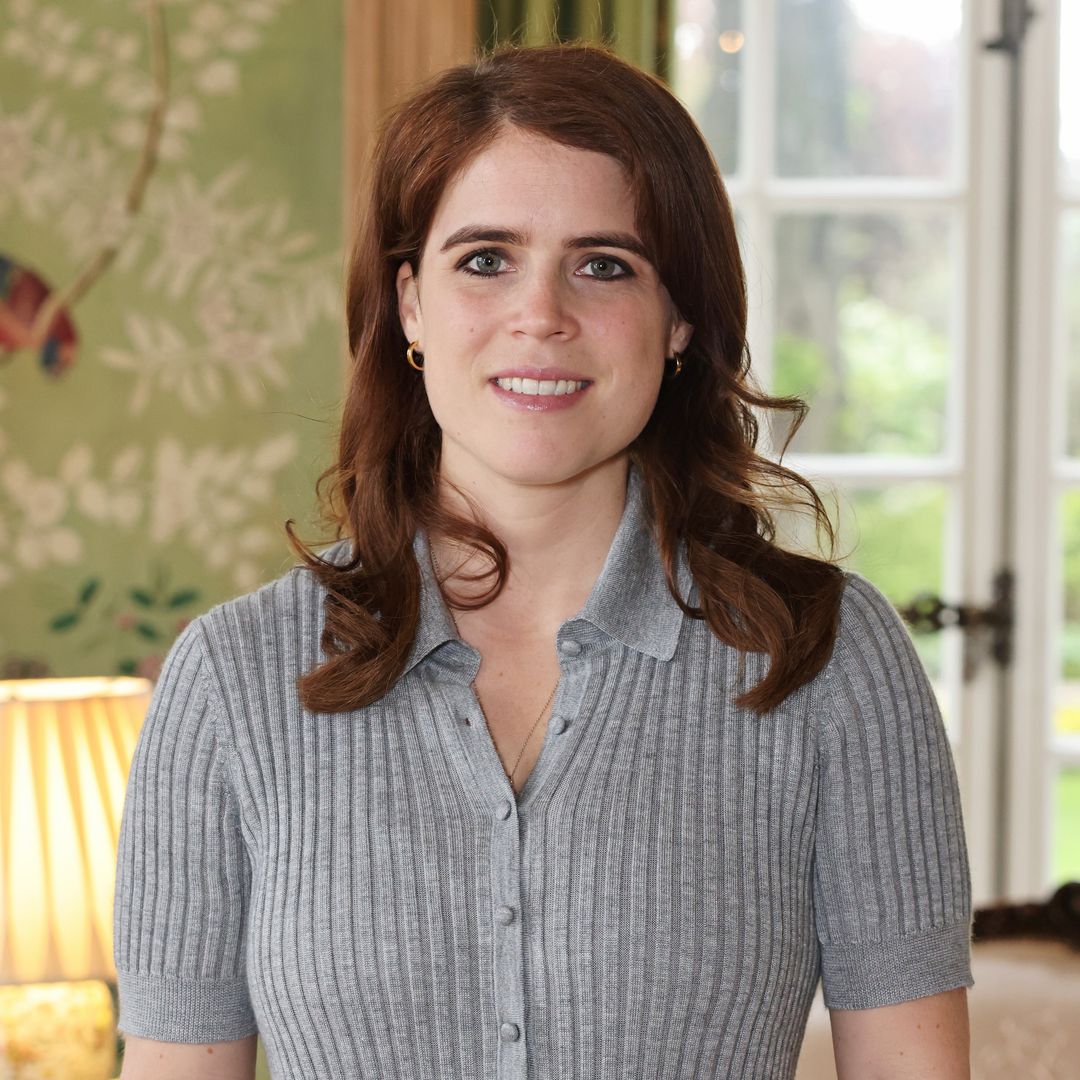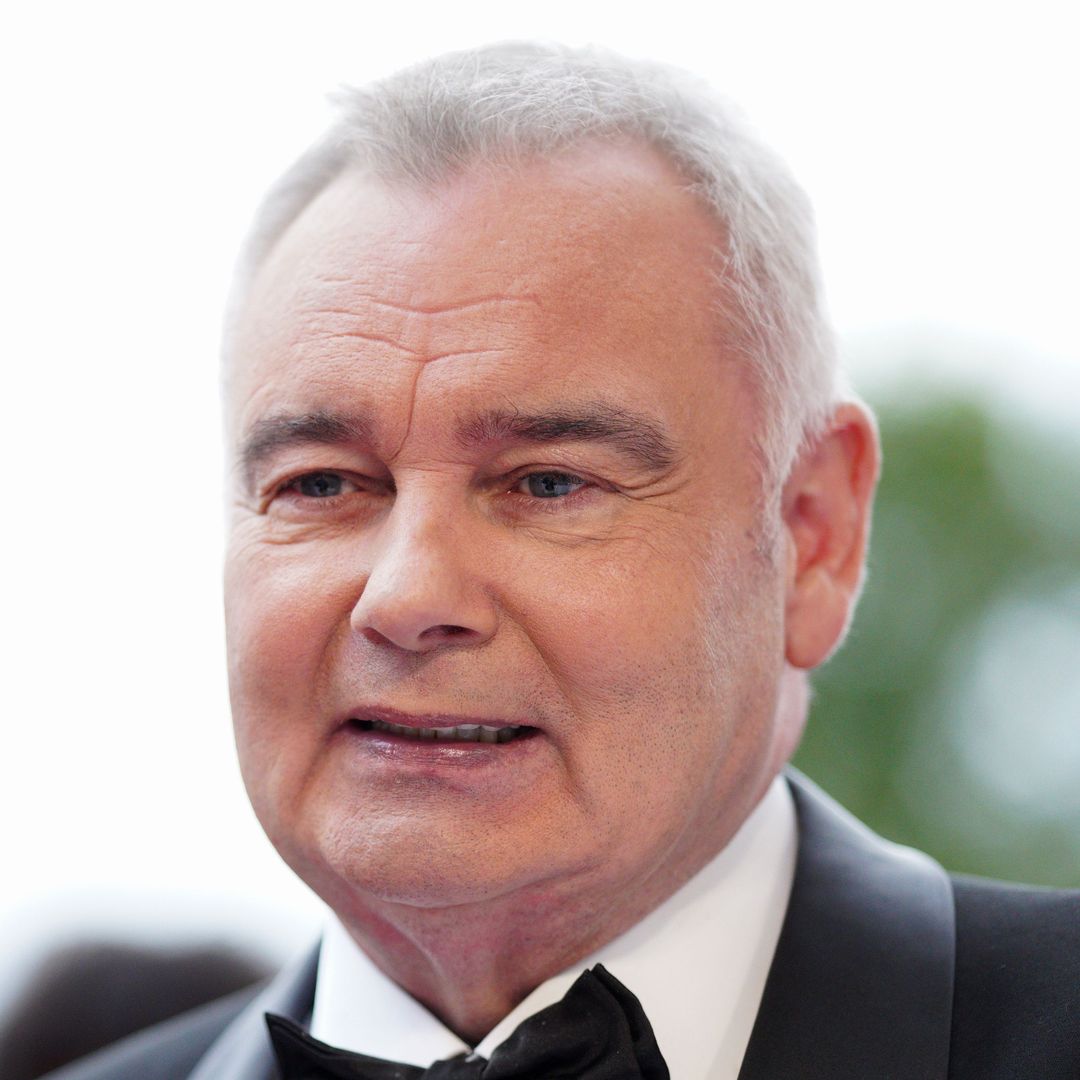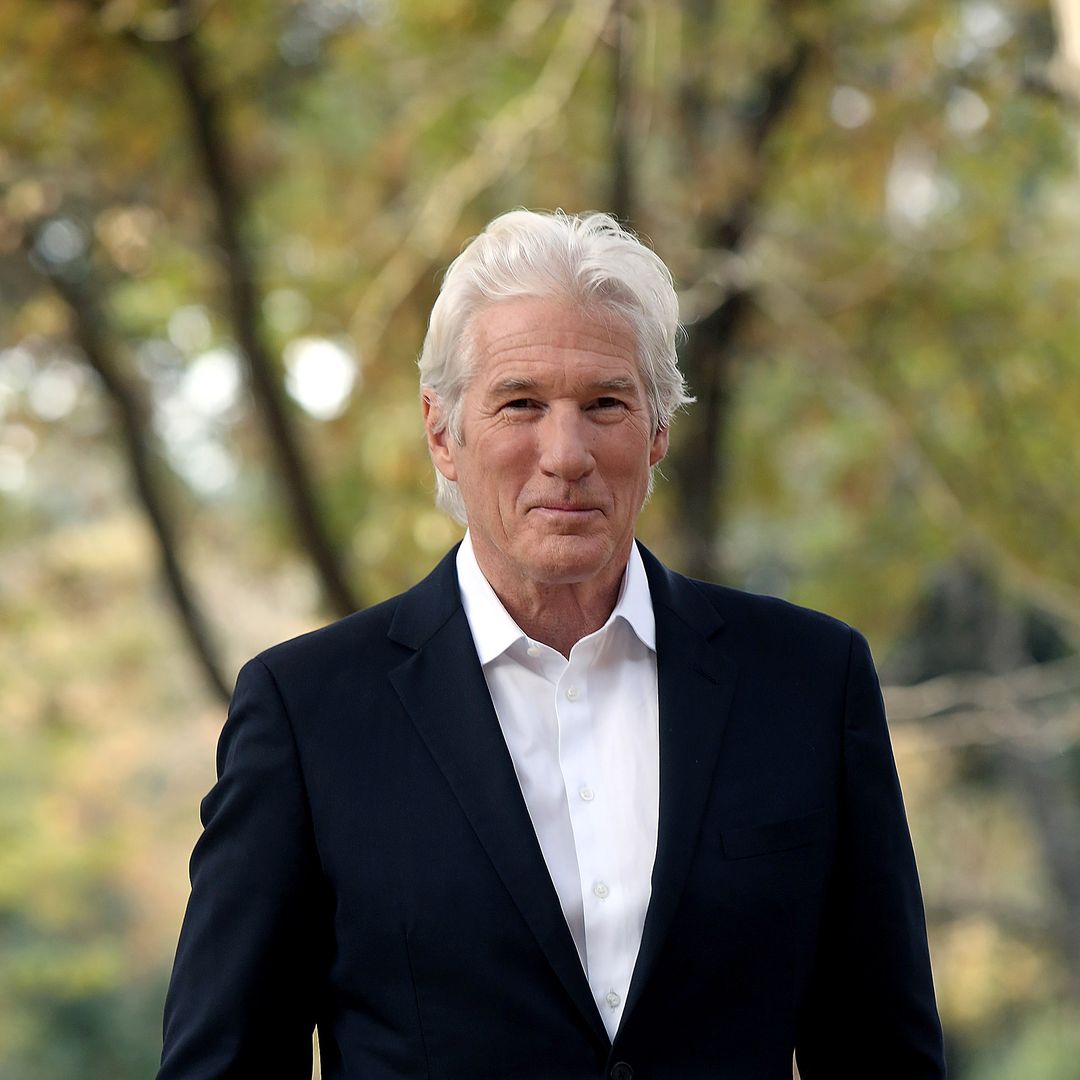Princess Eugenie delighted royal watchers this week when she shared the happy news that she's expecting her second baby with husband Jack Brooksbank.
The exciting news that another little one will be joining the royal family is sure to have thrilled the whole family, though Eugenie's birth could well be very different from other royals, including Princess Kate, Meghan Markle and her sister, Princess Beatrice.
WATCH: The big difference between Princess Beatrice and Eugenie
Eugenie's different birth is down to the fact that when she was 12, she was diagnosed with scoliosis, undergoing surgery to correct her curved spine – and the procedure likely still impacts her life now.
Scoliosis sees the spine twist and curve to one side, and the princess' surgery would have seen two metal rods inserted along her back and two 1.5-inch screws fixed to her neck during the eight-hour procedure.
The positioning of these rods means the princess may face a harder labour, as an epidural, which helps with pain relief in labour, may not be possible.
Princess Eugenie announced her second baby on Instagram
The location of the rods in her spine means that they may block the needle from being inserted into the lumbar spine, below the chest and above the sacrum, where it needs to go.
MORE: Princess Eugenie set to move after announcing second pregnancy?
Carrie Sirry, birth coach and midwife, and founder of The Birth Collective and Rising Mother explained: "Any back issues such as scoliosis may pose challenges with siting an epidural."
Eugenie pictured with her husband Jack Brooksbank
Eugenie could be offered other options for pain relief, instead. She may have a local anaesthetic (injected around the vaginal area, and not for the pain that comes with contractions in your abdomen), gas and air or opioid analgesics. Carrie adds that hypnobirthing, TENS machines and a birthing pool can also help.
Royally obsessed? Listen to our brand new podcast on all things royal











